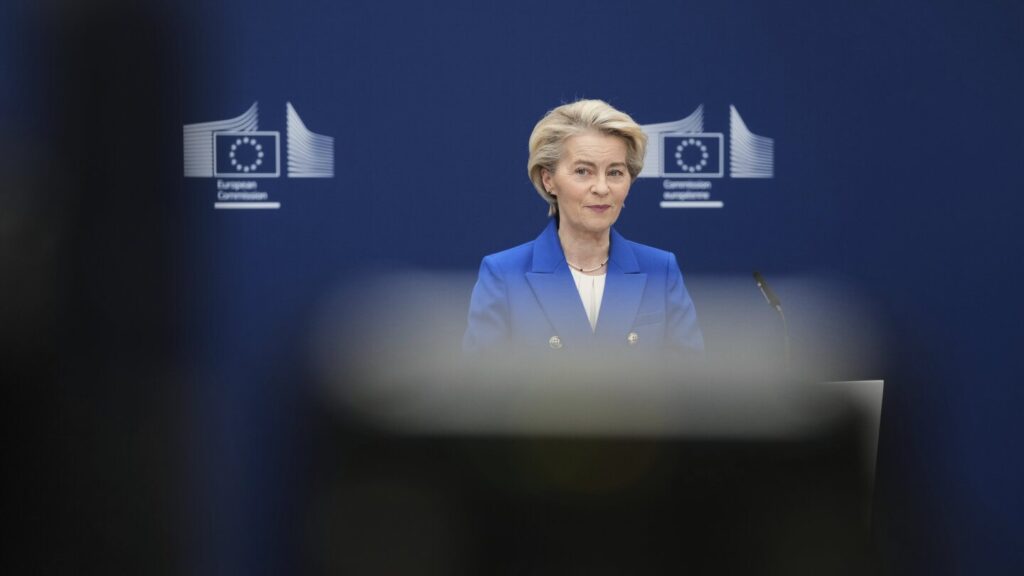European Union leaders are facing urgent discussions to enhance their military budgets following shifts in U.S. policy, which now emphasizes Europe’s self-reliance in security matters and has halted aid to Ukraine. The EU, grappling with internal fragmentation and rising pro-Russian sentiments, aims to swiftly bolster its defense capabilities amidst escalating tensions. While defense spending in Europe has risen since the Russian invasion of Ukraine, challenges persist due to increased demand and pricing pressures.
Key points include U.S. President Trump’s strategic realignment towards Russia, prompting EU leaders to reevaluate their security partnerships and financial commitments. Concerns about NATO’s cohesion arise as the U.S. redirects its security focus, impacting European defense strategies. Amidst these developments, proposals to raise substantial funds for military equipment purchases and support for Ukraine are being discussed, highlighting the urgency to reduce dependence on U.S. defense backing.
Additionally, France has stepped in to provide military intelligence to Ukraine following the U.S. aid freeze, showcasing efforts to fill the void left by changing U.S. policies. As EU leaders convene to address these pressing security challenges, the focus remains on financial planning, defense budgeting, and potential arms agreements to strengthen European security autonomy. The imperative to adapt to this new security landscape underscores the EU’s resolve to safeguard its interests without relying on traditional U.S. security assistance.

